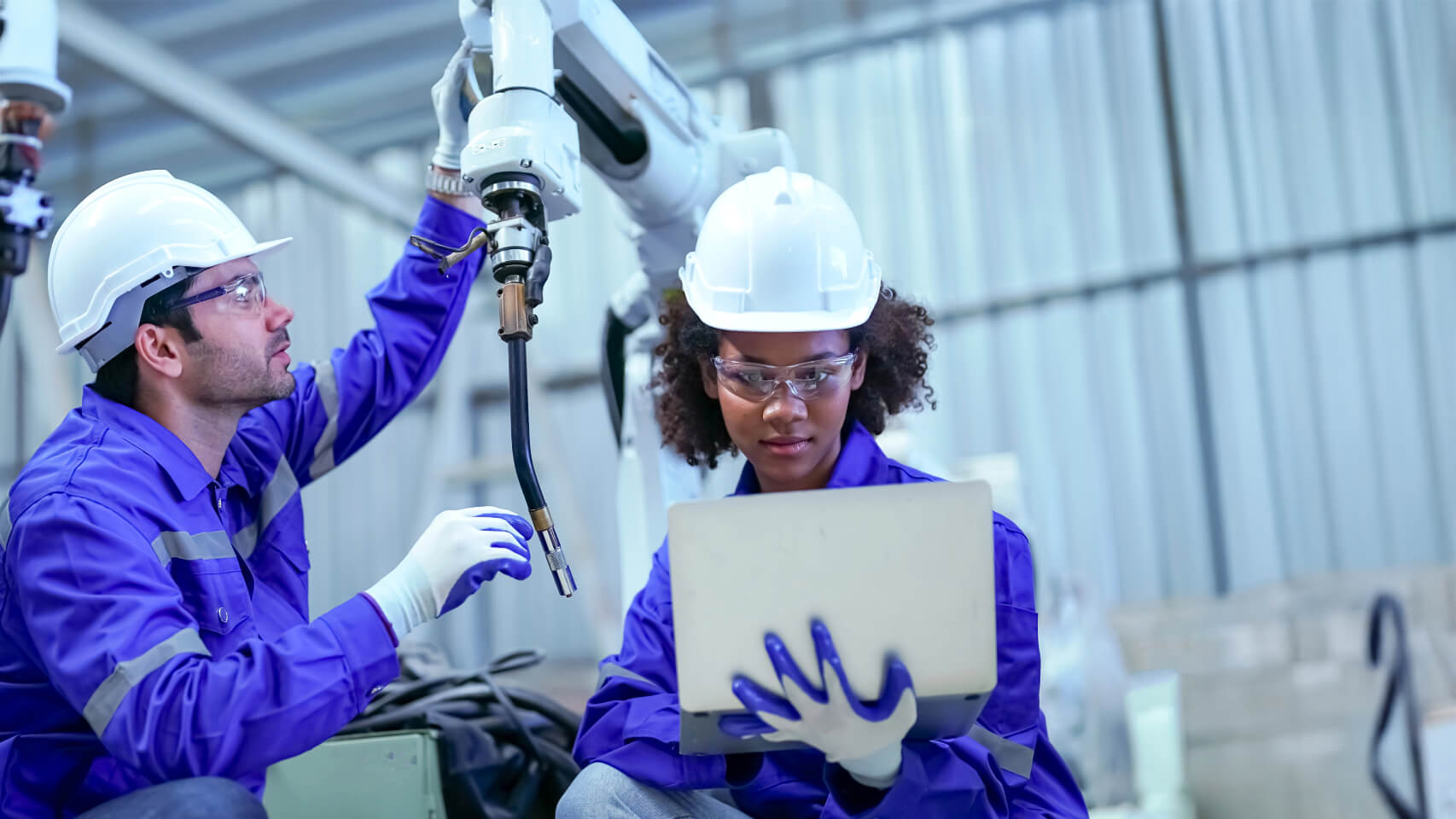Leveraging IoT and AI for Urban Innovation
Urban areas around the world face an array of challenges, from congestion and pollution to underutilized resources and inadequate infrastructure. As cities continue to grow, the need for intelligent solutions becomes increasingly critical. Enter the Internet of Things (IoT) and Artificial Intelligence (AI) – two transformative technologies that, when combined, offer unparalleled potential for urban innovation. In this article, we will explore how IoT and AI can be leveraged to create smarter, more efficient cities, thereby improving the quality of life for their residents.
The Role of IoT in Smart Cities
The Internet of Things (IoT) refers to a network of interconnected devices that communicate and share data without human intervention. In the context of urban environments, IoT devices can include a wide range of sensors and actuators embedded in infrastructure, vehicles, and even personal gadgets. These devices collect and transmit real-time data, providing valuable insights that can be used to optimize city operations and services.
Enhancing Infrastructure and Resource Management
One of the primary benefits of IoT in urban innovation is its ability to enhance infrastructure and resource management. Smart sensors placed throughout a city can monitor and manage a variety of resources, such as electricity, water, and waste. For instance, smart grids equipped with IoT devices can optimize energy distribution, reduce outages, and encourage the use of renewable energy sources. Similarly, smart water management systems can detect leaks, manage water distribution efficiently, and ensure optimal use of water resources.
Improving Public Safety and Health
IoT also plays a crucial role in improving public safety and health. Surveillance cameras, environmental sensors, and smart lighting systems can monitor air quality, noise levels, and environmental hazards. In case of emergencies, these systems can alert authorities and provide real-time data to coordinate response efforts effectively. Furthermore, connected healthcare devices can monitor patients’ health and share data with medical professionals, enabling proactive care and reducing hospital visits.
“The deployment of IoT technologies in urban areas is paving the way for smarter, safer, and more sustainable cities.” – Maria Ortega, Chief Innovation Officer at Innotech
AI’s Contribution to Urban Innovation
While IoT provides the data, Artificial Intelligence (AI) is the engine that extracts actionable insights from it. AI encompasses various technologies like machine learning, natural language processing, and computer vision, all of which can be applied to analyze IoT-generated data and make intelligent decisions.
Enhancing Traffic Management
Traffic congestion is a persistent issue in urban areas, leading to lost productivity and increased pollution. AI can help alleviate this problem by analyzing traffic patterns and optimizing traffic signal timings in real-time. AI algorithms can predict traffic conditions, reroute vehicles to less congested roads, and provide drivers with optimal routes. Additionally, AI can be integrated with public transportation systems to enhance scheduling, reduce waiting times, and improve overall service efficiency.
Enabling Predictive Maintenance
AI-driven predictive maintenance can significantly improve the reliability and efficiency of urban infrastructure. By analyzing data from IoT sensors, AI can predict when equipment is likely to fail and schedule maintenance proactively. This approach reduces the risk of unexpected breakdowns, lowers maintenance costs, and extends the lifespan of infrastructure. Innotech has successfully implemented AI-driven predictive maintenance in several urban projects, resulting in substantial cost savings and improved service reliability.
Key Steps to Implementing IoT and AI in Urban Innovation
To successfully leverage IoT and AI for urban innovation, cities should follow these key steps:
- Develop a Clear Strategy: Establish a comprehensive strategy that outlines the goals, objectives, and expected outcomes of IoT and AI initiatives.
- Invest in Infrastructure: Ensure robust and scalable infrastructure to support the deployment of IoT devices and AI technologies.
- Foster Collaboration: Collaborate with technology providers, government agencies, and stakeholders to ensure the successful implementation of smart city projects.
- Ensure Data Security: Implement stringent data security measures to protect sensitive information and maintain public trust.
- Promote Public Engagement: Educate and engage citizens on the benefits of smart city initiatives to encourage participation and acceptance.
Real-World Applications
Numerous cities around the globe have already started implementing IoT and AI to drive urban innovation:
Barcelona’s Smart Lighting
Barcelona has deployed smart lighting systems that adjust brightness based on real-time data received from sensors. These systems reduce energy consumption and minimize light pollution, contributing to environmental sustainability. Additionally, they enhance public safety by increasing brightness in response to motion detection after dark.
Singapore’s Intelligent Transport System
Singapore’s Intelligent Transport System uses AI to manage traffic flow and public transportation effectively. Real-time data from IoT sensors is analyzed to optimize traffic signals, predict and prevent congestion, and provide commuters with accurate travel information. This has significantly reduced traffic jams and improved the commuting experience for residents.
Amsterdam’s Smart Water Management
Amsterdam uses IoT-enabled water management systems to monitor and manage its extensive network of canals and water infrastructure. AI analyzes water usage patterns, predicts flooding risks, and optimizes water distribution, ensuring efficient and sustainable water management.
Harnessing the Potential of IoT and AI for Urban Innovation
The integration of IoT and AI in urban innovation offers unprecedented opportunities to create smarter, more efficient, and livable cities. By enhancing infrastructure, optimizing resource management, and improving public safety, these technologies can transform urban environments for the better. To unlock the full potential of IoT and AI, cities must develop clear strategies, invest in robust infrastructure, foster collaboration, ensure data security, and engage with the public.
At Innotech, we are dedicated to driving urban innovation through cutting-edge IoT and AI solutions. By harnessing the power of these transformative technologies, we aim to create sustainable, smart cities that enhance the quality of life for all residents. Embrace the future of urban innovation with Innotech and join us in building smarter, safer, and more resilient cities.

